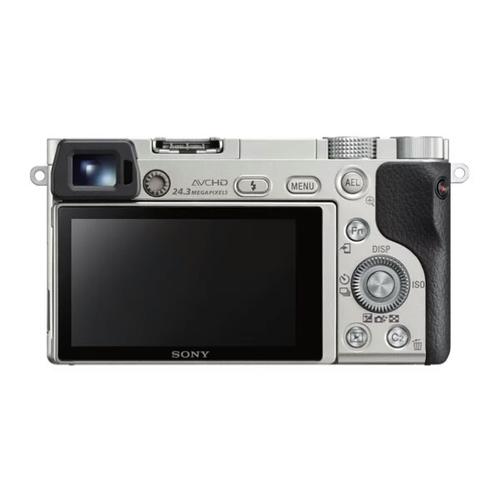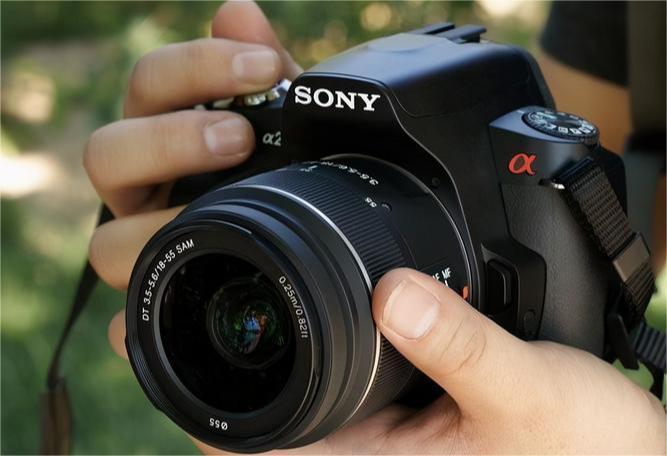Meta announced a new collaboration with major kitchenware brands. This partnership aims to create a virtual reality cooking simulation. The project will let users experience cooking in a digital kitchen.
(Meta Cooperates With Kitchenware Brands To Develop Vr Cooking Simulation)
The simulation will feature real kitchen tools from partner brands. Users can virtually handle pots, knives, and appliances. They can practice recipes without real ingredients. This helps reduce food waste during learning.
Kitchenware companies see this as a marketing opportunity. They want customers to try their products virtually first. People might buy these items after testing them in VR.
Meta’s VR technology will mimic real cooking actions. Users chop vegetables or stir pots using hand controllers. The system responds to movements realistically. This makes the training useful for actual cooking.
The initiative targets home cooks and beginners. It offers a safe space to learn kitchen skills. Mistakes in VR carry no real-world consequences. People gain confidence before using real stoves.
Development is underway now. No release date is confirmed yet. Meta expects the simulation to work on its Quest headsets. The company keeps investing in practical VR applications.
Kitchenware brands provide product designs for digital models. Engineers ensure every item looks and works authentically. This attention to detail matters for user trust.
The VR cooking space is growing. Other companies have launched similar training tools. But Meta’s brand partnerships make this project different. Real products in the simulation add value.
User safety drove part of the design. VR cooking avoids burns or cuts. It’s especially good for teaching children. Parents feel more comfortable with virtual lessons.
Meta shared early test results. Users reported better knife skills after virtual practice. They also memorized recipes faster. The company sees potential beyond gaming here.
Kitchenware brands plan exclusive virtual content. Some recipes might require their branded tools. This integration blends promotion with education.
The simulation will include international cuisines. Users explore dishes from various cultures. All recipes come from professional chefs.
Meta continues expanding VR into daily life activities. Cooking joins fitness and social apps in their ecosystem. This move could attract new users to VR technology.
Partner brands include well-known names in cookware. They haven’t disclosed all participants publicly yet. More details will emerge closer to launch.
Engineers tackle challenges like virtual heat effects. They want users to sense timing accurately. Food must appear to cook at real speeds.
Accessibility features are also planned. The simulation will adjust for different skill levels. It supports multiple languages too.
Early prototypes impressed focus groups. Users called the experience surprisingly realistic. They felt like they were actually cooking.
Meta’s hardware improvements enable this project. Newer headsets track hand movements precisely. This accuracy is vital for kitchen tasks.
(Meta Cooperates With Kitchenware Brands To Develop Vr Cooking Simulation)
The collaboration signals a shift for both industries. Kitchen brands enter digital spaces. VR moves deeper into household utility.







